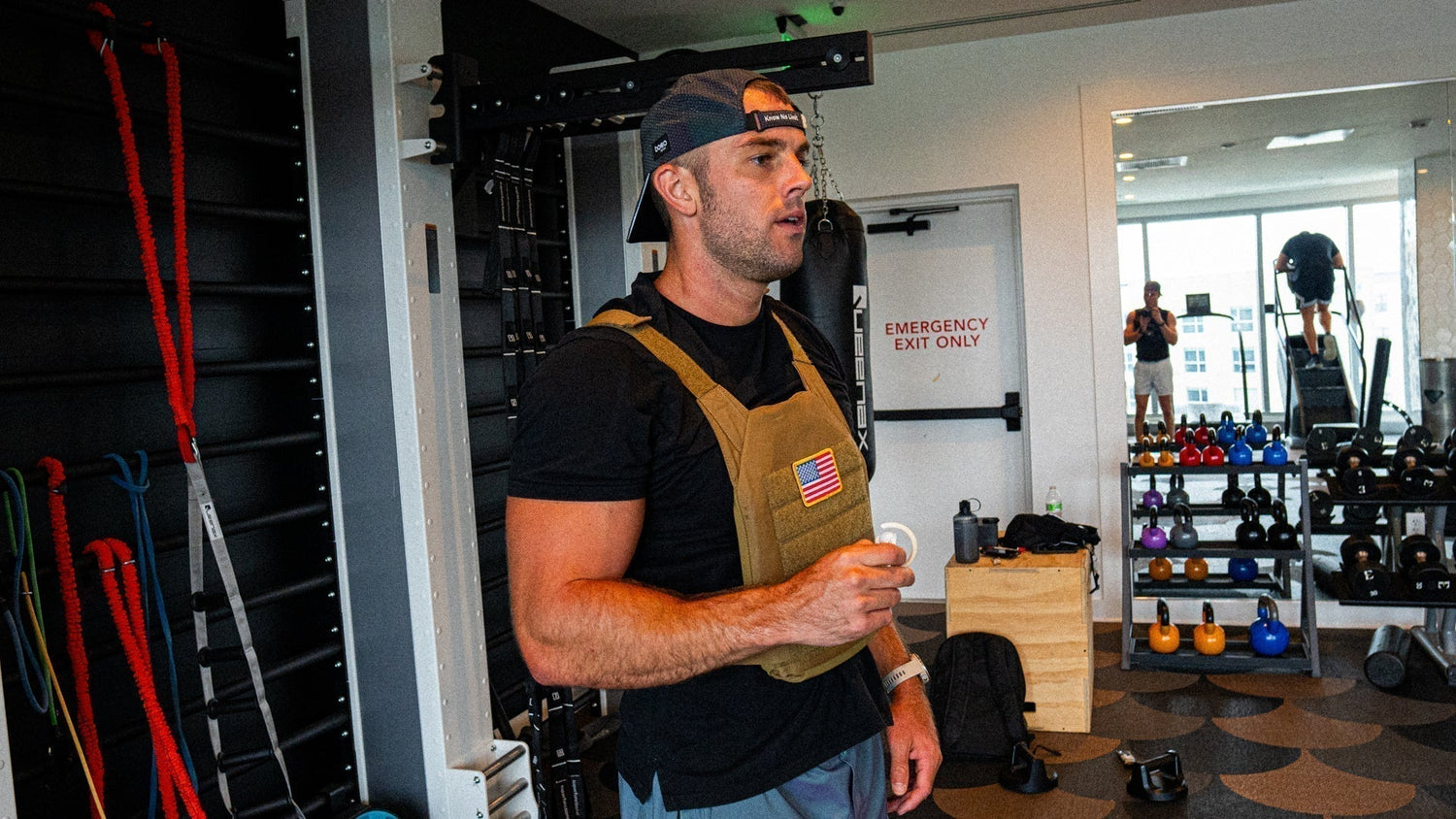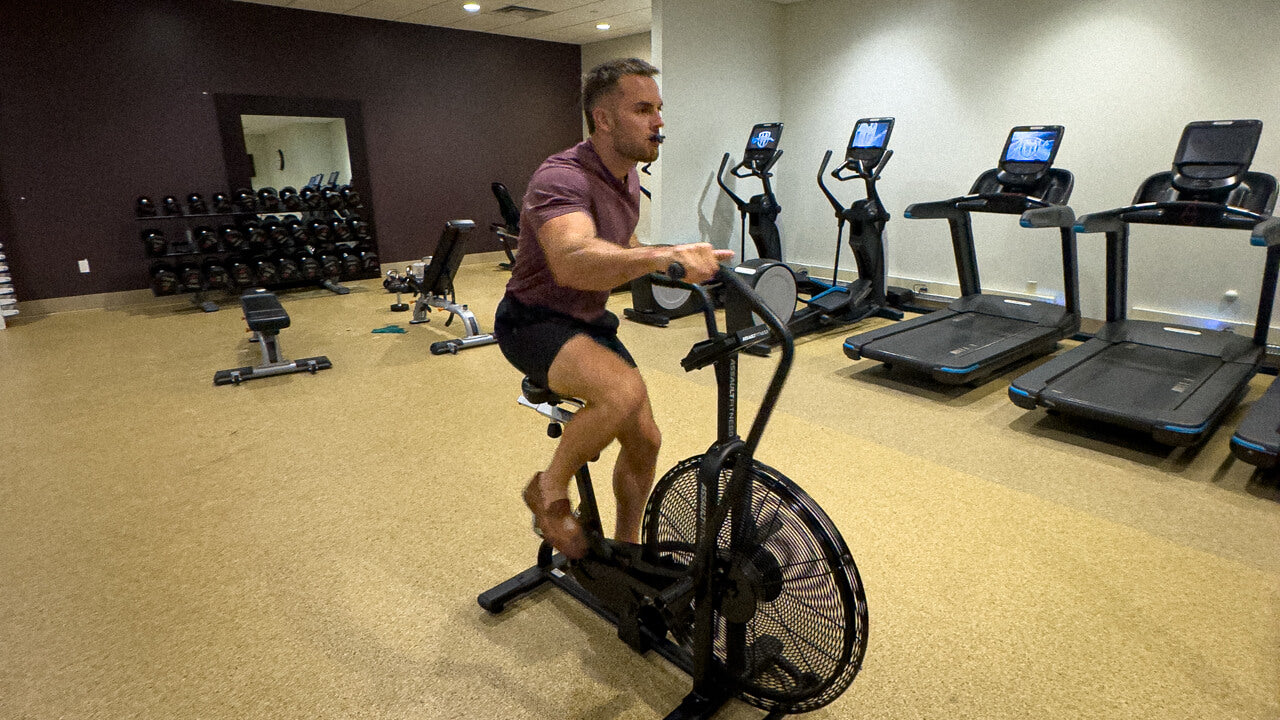Happy Saturday,
Most people have talent completely backwards.
They think skill is something you’re born with — like a genetic lottery ticket you either win or lose.
But the truth is talent isn’t born (the exception being physical size in some sports). For the most part, it’s built. And not just built — it’s forged.
I’m going to show you how to accelerate skill development using a framework I call Hyper-Accelerated Learning. It’s a fusion of the Japanese philosophy of Kaizen (continuous improvement) and insights from The Talent Code by Daniel Coyle.
By the end, you’ll understand how to:
- Improve any skill faster than 99% of people
- Rewire your brain for mastery using a proven system
- Avoid the biggest mistake that keeps people stuck
But first, let’s destroy the biggest myth about talent.
Why Hard Work Alone Won’t Make You Great
Most people think grinding will get them to the top. Hustle culture tells you to just put in the hours and you’ll succeed.
That’s a lie.
If raw effort was all it took, every person stuck in the gym for hours would be an elite athlete. Every business owner working overtime would be a millionaire.
But they’re not.
Kaizen: The Art of Continuous Improvement
Kaizen is a principle used in everything from athletics to special operations to elite business teams. It’s about constant, small improvements that compound over time.
An athlete applies Kaizen by tweaking footwork, refining their swing, or optimizing recovery. A CEO uses it to refine business systems. Special forces operators improve tactics for a higher probability of mission success.
The key is micro-adjustments. Small and targeted tweaks lead to elite performance.
But here’s where most people get it wrong: They try to brute force their way to success. They work hard but never intentionally with acute awareness of mistakes.
And that’s why I layered The Talent Code on top of Kaizen to create "Hyper-Accelerated Learning."
Hyper-Accelerated Learning: How to Build Skill Faster
Real skill-building comes down to three steps:
1) Break skills into smaller parts & master the basics
2) Use intense, precise repetition to build myelin (neural insulation)
3) Obsess over mistakes and correct them in real time
That last part is crucial. The best performers aren’t the ones who practice the most. They’re the ones who correct errors the fastest.
Here’s why:
- Every movement, thought, or action fires electrical signals through nerve fibers.
- These fibers get wrapped in myelin (insulation that speeds up and strengthens signals).
- The more a skill is refined, the stronger and more automatic it becomes.
Want proof? Look at talent hotbeds.
I grew up in Arizona, one of the biggest baseball talent pipelines. When I played tournaments in Southern California, I saw an even more elite talent pool. These athletes had access to deeper practice, better coaching, and brutal competition.
The best coaches I've had weren’t just drill sergeants — they were precision engineers. They spotted details others overlooked, corrected mistakes instantly, and reinforced correct movements through repetition. The result? Accelerated learning.
And this doesn’t just apply to sports. It works in business, music, writing — anything.
Comfort Steals Your Growth
We’ve been tricked into believing effortless performance means progress. But easy practice is fake practice.
If you’re not struggling, you’re not growing. Even if you lean in to your natural abilities or competitive edge (this is smart), there is still always room for improvement.
Research shows that deliberate struggle builds stronger neural pathways. Robert Bjork, a cognitive scientist, explains it best:
"One real encounter, even for a few seconds, is far more useful than several hundred observations."
Translation? You don’t learn by watching. You learn by failing, adjusting, and repeating.
How This Changes Everything
Imagine if you took this approach to your training or career.
Instead of blindly putting in hours at the gym, you optimize for mobility/flexibility first, analyze + perfect your form, and then add more weight each week.
Instead of just “working hard” at your business, you optimized every system/process, analyzed key mistakes, and made micro-adjustments daily.
You’d see more progress in a fraction of the time.
Your Next Move
So here’s what to do right now:
1) Pick one skill you want to master (running, pull-ups, golf swing, playing piano, etc)
2) Write down the 3-5 pillars that make up that skill (aka the basic fundamentals)
3) Identify the biggest mistakes you keep making (in each pillar) — and correct them with precision.
Skill is achieved through a mindset of continual improvement + targeted refinement.
That's it for this week.
Stay winning,
- Ray





